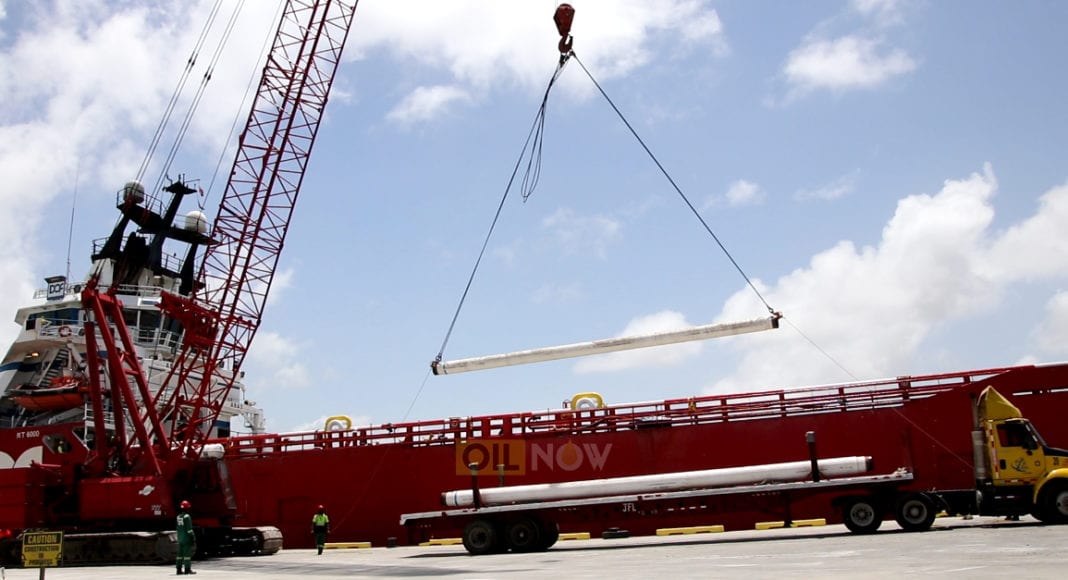If Brazil with a population of over 200 million people found it difficult to achieve high or progressive local content targets for 90 categories of service, how does Guyana propose to do a better job with a smaller population size and its proposed 111 categories of service in the draft local content policy?
This salient question was recently put forward by the Co-Director of Energy at Americas Market Intelligence (AMI), Arthur Deakin during a recent interview on local radio programme, Guyana’s Oil and You.
There, Deakin urged that Guyana needs to ensure that it is practical in what it is demanding from oil companies while adding that Brazil offers key lessons for consideration. In this regard he said, “In its former legislation, Brazil had 90 categories of service that it was demanding high local content levels and it was causing a massive bureaucracy. This ended up being to the advantage of the government at the time because it facilitated bribery and corruption if you wanted to get this moving along. So, that is something Guyana would want to avoid.”
Deakin added, “…Brazil had demanded high targets because it wanted to protect the local economy from domination by foreigners, but it just ended up being hurtful to the economy…So the 111 categories of services in Guyana’s draft policy is concerning.”
Need for realistic local content targets form key part of discussions as Guyana prepares framework
Additionally, the Co-Director of Energy who is also a native of Brazil said that it would be in Guyana’s interest to see how it could simplify its categories or even merge some areas. He said that it would certainly make regulation much easier for the country.
Further to this, Deakin urged Guyana to re-examine the high levels of targets it is proposing for complex or technical areas such as Front-End Engineering Design (FEED). While the policy is proposing 100 percent use of Guyanese in 10 years in this area, this is just not practical Deakin expressed while nothing that other experienced countries have not been able to reach this feat.
He opined that Guyana would be wise to pursue a gap analysis that would provide critical data that could inform more practical targets. “I believe it is essential to align targets with reality on the ground,” the AMI Co-Director added.
The Guyana government has said while it is firm in its commitment to ensure maximum benefits from the oil and gas industry stays in-country, it is also cognizant of the limited capacity that currently exist in some areas. It is for these and other reasons consultations are being held so that the final document provides the most realistic and effective framework for maximising local content development.
President Irfaan Ali, speaking at the opening of consultations on the revised draft Local Content Policy on February 15, said the essential hallmarks of the policy must be accountability, realistic targets, opportunities for capacity building and incentives that allow Guyanese to benefit the most from the country’s oil wealth.



